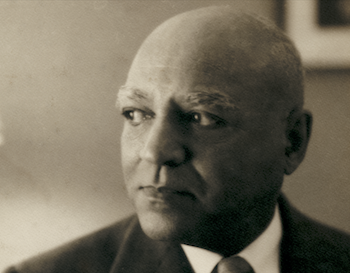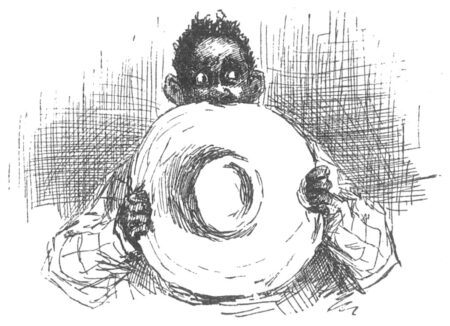This Day In History: April 20th
Lester Aglar Walton held a variety of roles, including civic leader, journalist and diplomat over the course of his five-decade career. Despite having diversified career paths, Walton managed to find success in all of the fields.
Walton was born in St. Louis, Missouri, on April 20, 1882. After graduating from high school, he ventured into journalism and secured an opportunity as a golf writer for the St. Louis Star. He relocated to New York City and became the manager of the New York Age. He served in the role for six years before entering the entertainment field. He managed Harlem’s Lafayette Theater in 1914 and supervised theater activities for African American soldiers as a member of the Military Entertainment Service during World War I.
Throughout the 1920s, Walton worked with the New York World as a special writer. By the 1930s, he began working as a feature writer for the New York Herald Tribune. However, the newspaper would not give him a by-line, so he left and returned to work at the New York Age. Walton also developed his interest in international affairs while working as a journalist.
With his background in journalism, Walton was able to transition into a publicity role for the Democratic National Campaign Committee. In 1935, President Franklin Roosevelt appointed Walton as Envoy Extraordinary and Minister Plenipotentiary to Liberia. He was able to negotiate treaties between the United States and Liberia pertaining to the establishment of a U.S. Army base, commerce and aviation. Walton held the role until 1946.
The 1950s was a period of revival for Walton and his work in entertainment. He became Vice President of the Negro Actor’s Guild and the chairman of the Coordinating Council for Negro Performers. Both organizations sought to provide opportunities and support to Black performers.
Walton returned to public service again as an original member of the Commission on Intergroup Relations (later renamed the Commission on Human Rights). The group addressed civil rights issues such as fair housing. He continued his work with the commission until retiring in 1964.
Lester Aglar Walton died on October 19, 1965.








